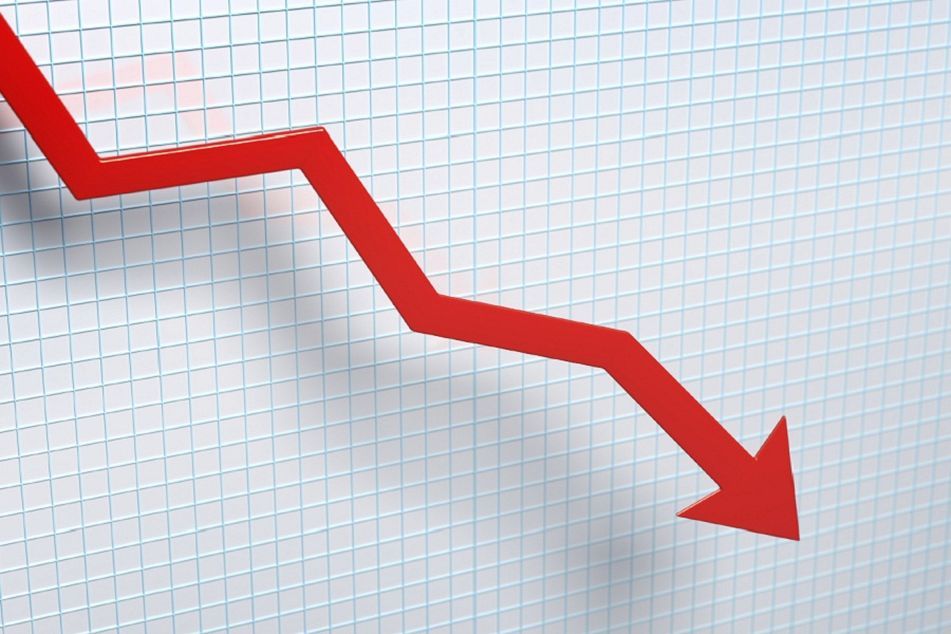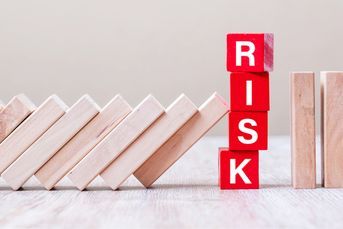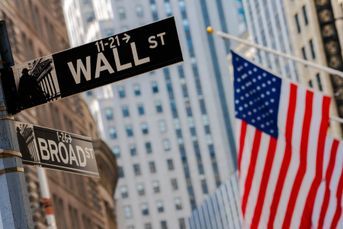Most economists see U.S. recession by 2021
 Sales are on the down square interior
Sales are on the down square interior
Majority also expect the Fed to continue raising rates this year, survey shows.
More than three-quarters of business economists expect the U.S. to enter a recession by the end of 2021, though a majority still expect the Federal Reserve to continue raising interest rates this year.
Ten percent see a recession beginning this year, 42% project one next year and 25% expect a contraction starting in 2021, according to a semiannual National Association for Business Economics survey released Monday. The rest expect a recession later than 2021 or expressed no opinion, the Jan. 30-Feb. 8 poll of nearly 300 members showed.
The projections come ahead of the Commerce Department’s release this week of the advance reading for fourth-quarter GDP, which was delayed by the government shutdown. Economists surveyed by Bloomberg projected as of Friday that growth cooled to a 2.5% annualized rate in the final months of 2018 from 3.4% in the third quarter.
NABE members were divided on the impact of the Fed’s balance-sheet normalization process. Asked about the effect of the tightening on short-term funding rates, a fifth said saw no impact, a fifth said it would raise rates by 25 basis points, and a fifth said it would rise 50 basis points or more. The remaining respondents didn’t know or express an opinion.
“There is a schism between what the NABE panel and the markets think about the Fed’s rate path and the shrinking of its balance sheet,” said Megan Greene, chief economist at Manulife Asset Management and chair of the survey. “Markets are pricing in no more interest-rate hikes in 2019, whereas a majority of the NABE panel expects one or two rate hikes.”
A plurality of 23% expected the Fed to raise its main rate 50 basis points to 3% before beginning to cut rates. Eleven percent said the next rate move will be an easing.
(More: Twists and turns await anxious advisers as roller-coaster ride continues into 2019)
President Donald J. Trump’s trade policies remained a concern for most of the panelists. Thirty-six percent said the existing tariffs, if they remain in place, will reduce 2019 gross domestic product growth by 25 basis points, while 26% saw a drag of 50 basis points and 15% of panelists expect the reduction to exceed 50 basis points.
Economists also expected the tariffs to boost inflation this year.
(More: Gundlach warns U.S. economy is floating on 'ocean of debt’)
Learn more about reprints and licensing for this article.








